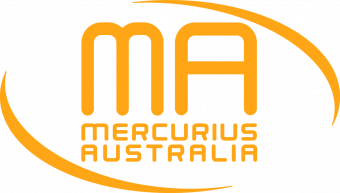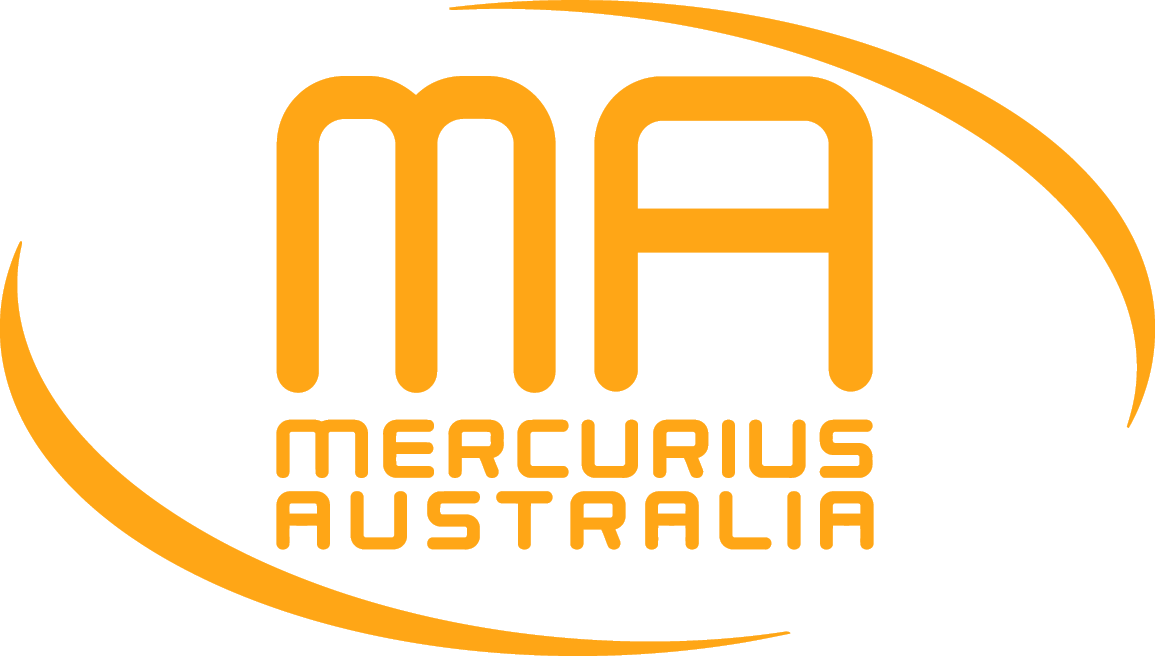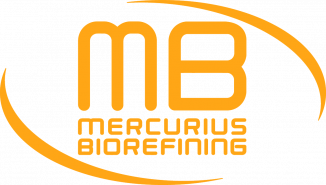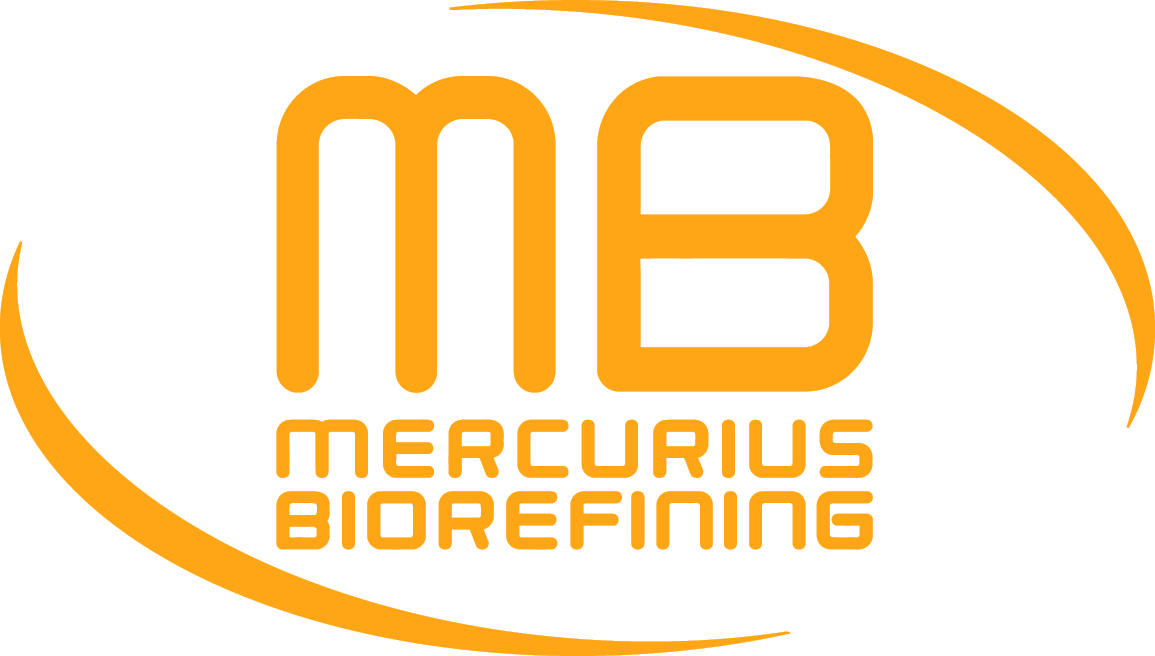Mercurius Australia is very focused on nurturing and developing human resources in our regional biorefinery communities. Mercurius has always been committed to a triple bottom line approach to doing business and will continue that tradition in Australia. Mercurius envisions bringing life back to previously prosperous agricultural, timber and paper producing rural areas that have seen their businesses disappear and their younger generations leave for lack of opportunity. Mercurius intends to help turn that around by using its RESCUE (Renewable Energy & Sustainable Communities) Initiative. Mercurius Australia seeks to build a program that will create a multilevel, community-based education and workplace training platform in its biorefinery communities, providing upwardly mobile education and training opportunities. Furthermore, the RESCUE Initiative will provide a means for employment in the renewable fuels and chemicals sector for young and underserved populations in those rural communities giving them renewed hope and inspiration for their future. We have been actively pursuing a new paradigm for the growers of sugar cane and their millers. Additionally, we have conducted several Cane Growers meetings in QLD and are pursuing a collaborative approach with millers to meet our biorefinery feedstock requirements. In short, we are digging into the fabric of regional agricultural norms to try to improve efficiency and equity. Mercurius Australia is in it for the long haul.





